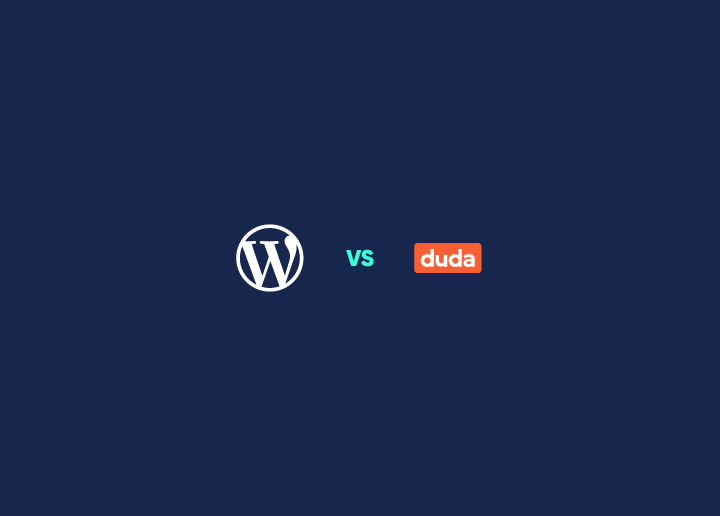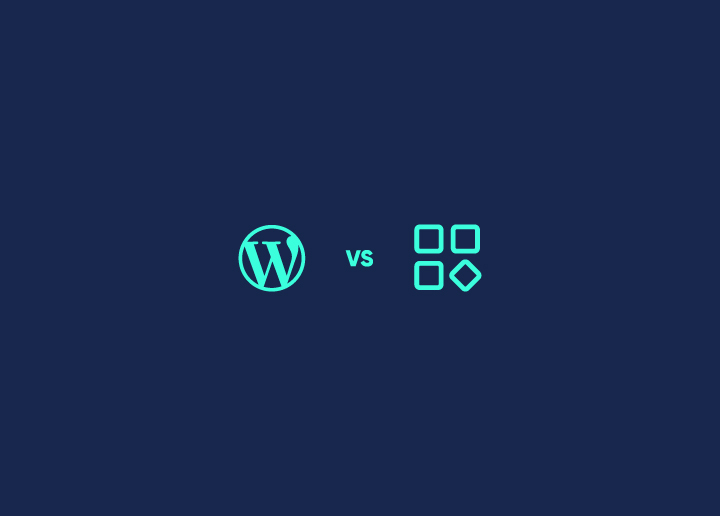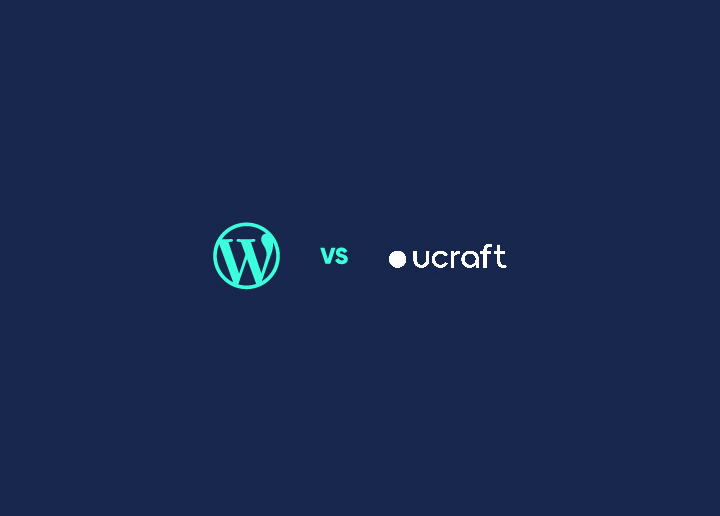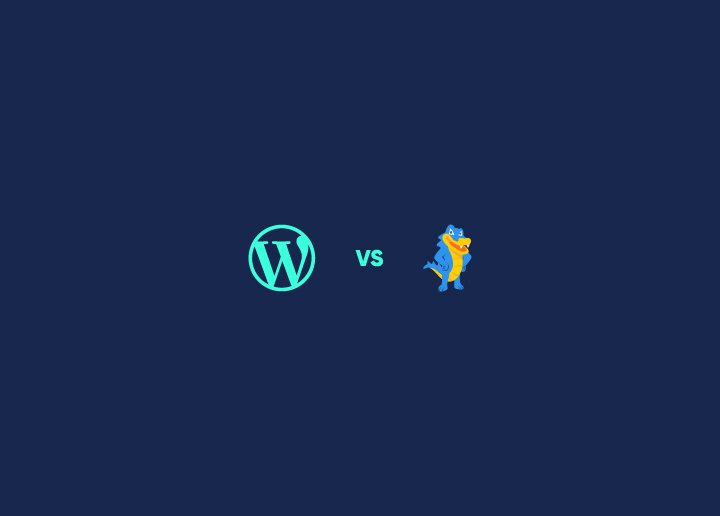In the website building market, two prominent platforms and website builders have emerged as popular choices for creating diverse and impactful online presences: Duda and WordPress. As a small business owner, having a website is crucial to connect with existing and potential clients, showcasing products or services, and maximizing the value of your business.
This comprehensive guide will delve into the comparison between Duda and WordPress. Both platforms offer various tools, features, and customization options to cater to multiple needs, from business websites and portfolios to web stores and landing pages.
WordPress stands out as the undisputed leader in the professional web design niche, trusted by millions of web developers worldwide. Its immense popularity is due to powerful integration options, outstanding design customization tools, and unmatched features not found in other systems.
On the other hand, Duda is a user-friendly DIY website builder with a convenient, drag and drop interface in-and-drop editor, numerous design customization features, and unique parameters. It’s an excellent choice for users with diverse web design backgrounds, resulting in modern-looking websites with refined functionality.
In the following sections, we will explore the features, ease of use, and strengths of both Duda, and WordPress to determine which platform emerges as the leader of this comparison and the better choice for most users. Let’s get started!
Know: Best Sites To Hire WordPress Developers In 2023
Contents
ToggleWordPress Vs. Duda: A Comprehensive Comparison on Various Aspects
Let’s delve into various aspects of WordPress and Duda, exploring their strengths and differences to help you decide on your online presence.
User Experience
When it comes to user experience, entrepreneurs searching for a CMS platform to build their own websites often prioritize simplicity and efficiency. They want to focus on managing projects, closing deals, and growing their businesses rather than grappling with complex interfaces or coding.
WordPress offers a straightforward user friendly interface, but some areas may require time to get used to due to its numerous features and managing different aspects from various sections.
While they have improved their editor with a simplified “blocks” method, many users prefer to work with templates that come with their customized editors, such as Elementor.
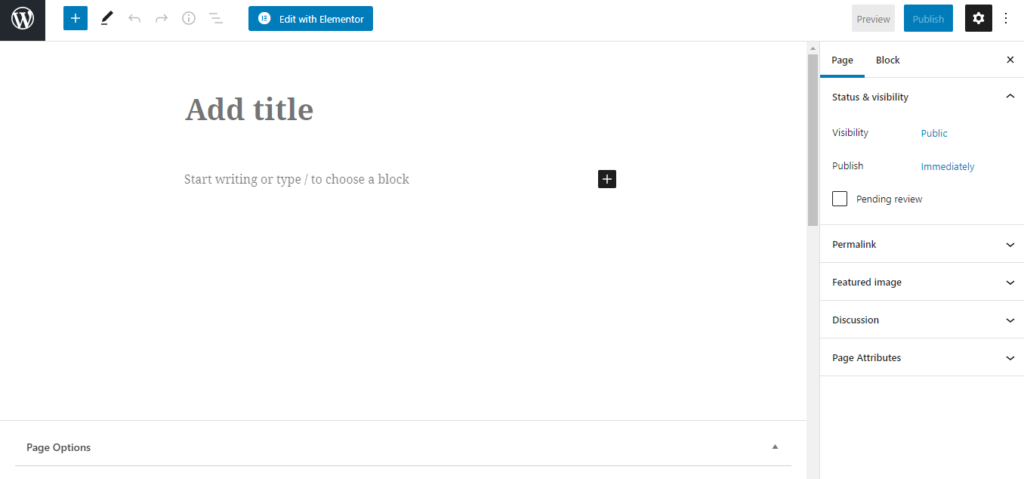
On the other hand, Duda stands out with its highly easy-to-use drag-and-drop editor. Packed with a wide range of widgets and pre-built sections, users can with duda apps effortlessly fill their pages with content and style them to their liking.
Duda’s editor allows adding advanced elements like maps, cart buttons, and parallax sliders with just a few clicks. The option to save created sections for future use and the preview feature, which shows how the site will appear on tablets and smartphones during the building process, enhance the user experience.
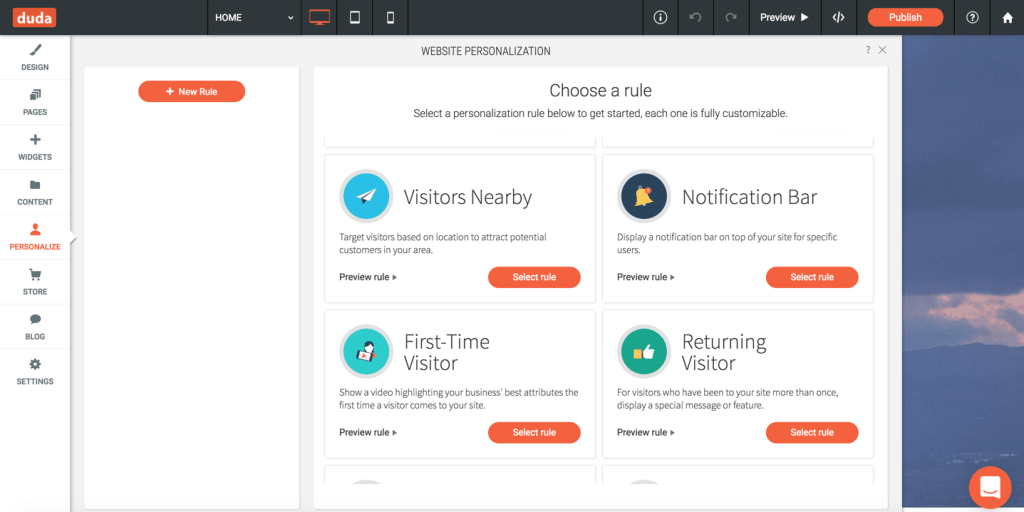
Final Verdict:
In the user experience category, Duda takes the lead, catering to beginners with its intuitive and fast approach to website building. Its simplicity and efficiency make duda website builder make it a compelling choice for entrepreneurs seeking a seamless website creation experience.
Read: WordPress vs. Magento
Templates & Themes
WordPress reigns as the undisputed champion in the realm of templates and themes. With over 30,000 themes available, the blogging platform now offers various options to suit any business purpose, from blogging to e-commerce. These free and premium themes inspire and save valuable time for users who may not have a clear vision of their site’s appearance.
While WordPress provides 130 free, free and paid themes, and over 180 premium themes, the options don’t end there.
Numerous companies and individuals create and sell their themes on marketplaces like ThemeForest and TemplateMonster, further expanding user choices. The platform’s theme customization options empower users to mold their websites to their heart’s desire.
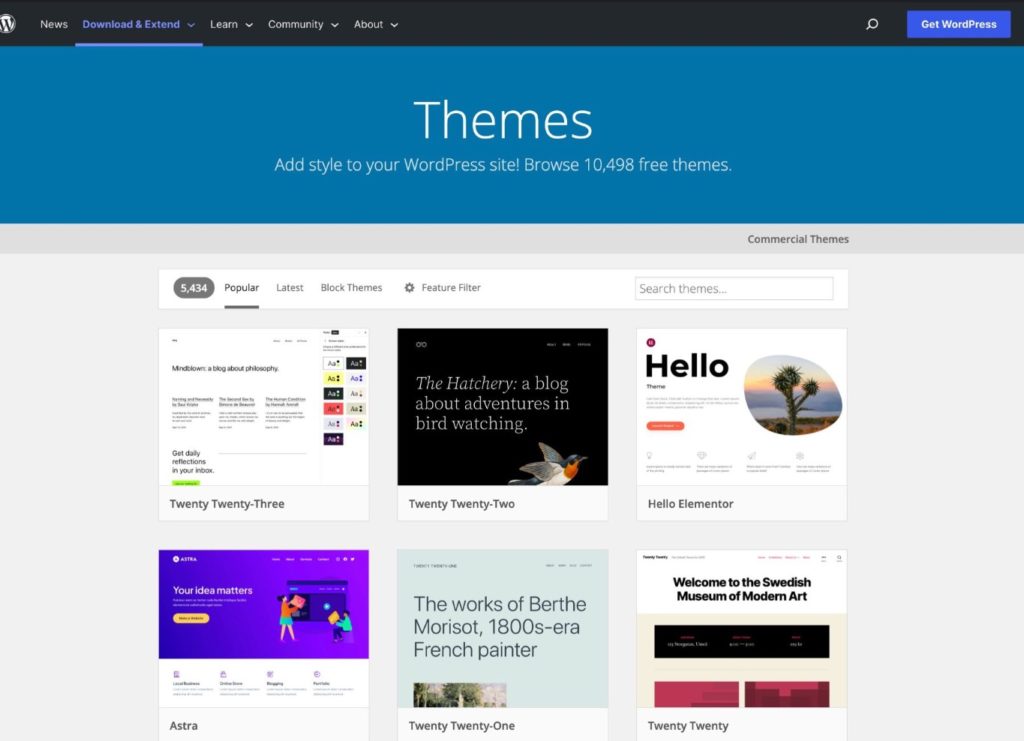
On the other hand, though relatively young, Duda offers around 100 mobile-responsive stylish and professional templates. However, other cool features are, it falls short in customization capabilities compared to WordPress.
Users on Duda are limited to the few tools provided and lack the extensive plugin support available on WordPress.
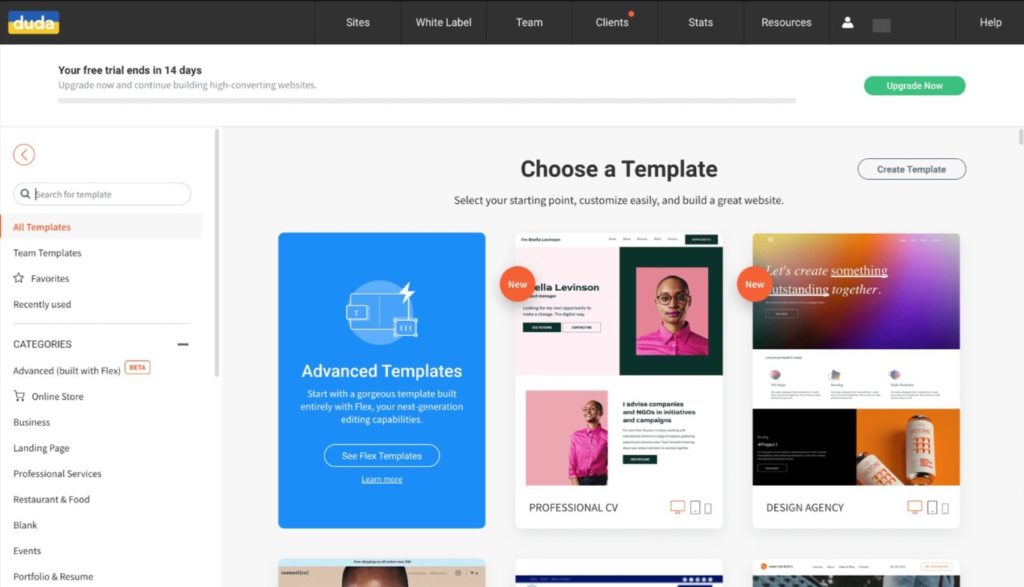
Final Verdict:
WordPress takes the lead with its extensive selection, reliability, and constant updates to keep up with the latest trends. Finding a perfect and secure theme is a breeze with WordPress, making it the clear winner in this category.
Interested In: WordPress Vs. Weebly
Plugins
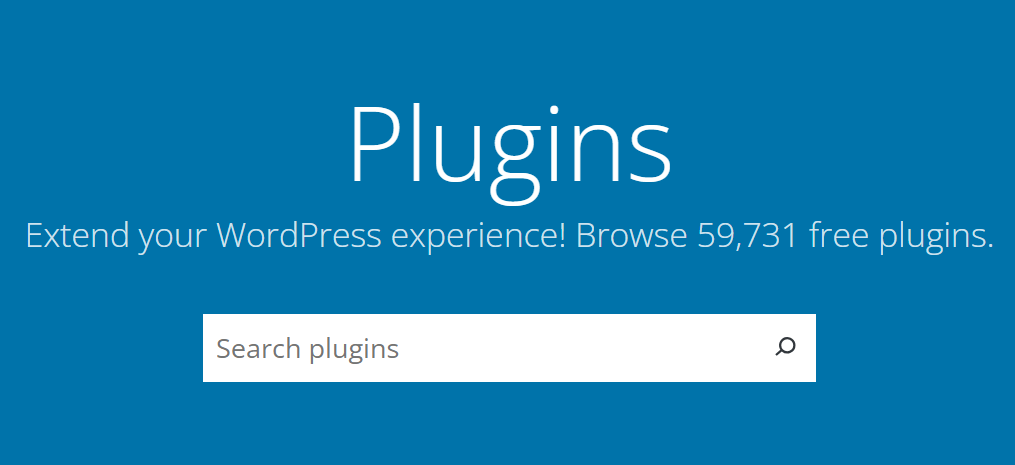
In the plugins category, WordPress emerges as the clear winner yet again. With its unparalleled popularity, WordPress offers an extensive library of over 55,000 plugins, catering to virtually any need a website owner may have.
These plugins enable users to enhance their existing website that’s appearance and performance, adding extra security measures, optimizing media, implementing traffic analytics, CRM systems, and much more.
The versatility and abundance of plugins make WordPress a top choice for website-building solutions. Users can add as many plugins as they need to customize their site to perfection.
However, keeping the number of plugins between 10 to 20 is advisable to avoid overwhelming the server and potentially slowing down the site’s speed.
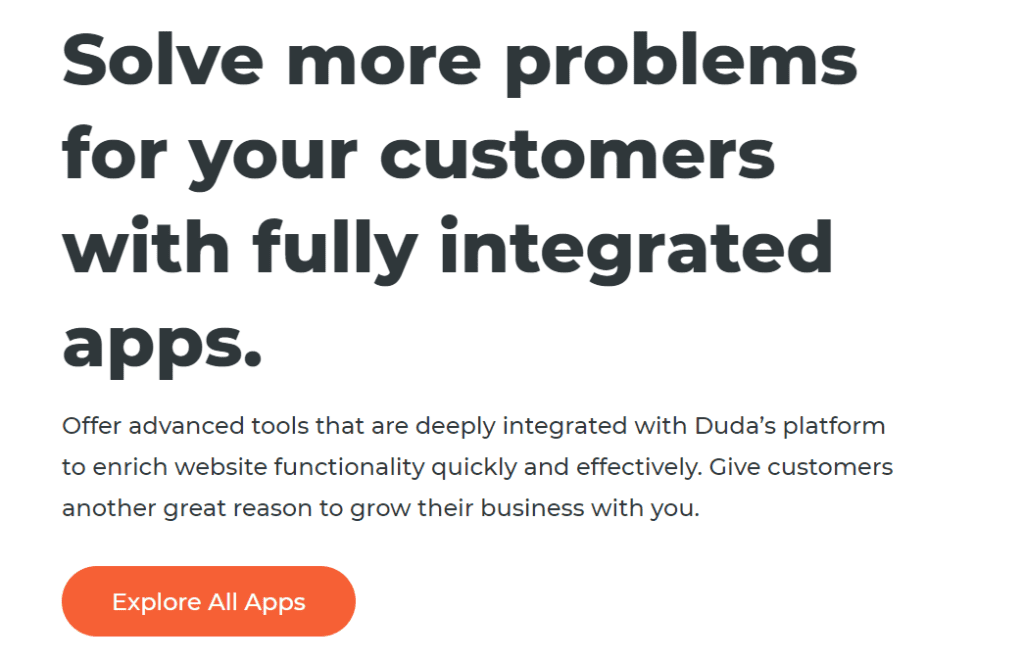
On the other hand, Duda has a more limited selection of integrated apps on its dashboard. While these apps suit tasks like email marketing, online booking, and client invoicing, the Duda website doesn’t support additional plugins for more extensive enhancements such cool features such as site speed optimization or security improvements.
However, it operates on secure AWS servers and provides an excellent Content Delivery Network (CDN), ensuring a fast and reliable website experience.
Final Verdict:
WordPress stands out as the undisputed leader, offering an unmatched array of extra features to enhance and create websites, making it the preferred choice for users seeking maximum customization complete control and functionality of responsive site.
Know: HubSpot Vs. WordPress: Choosing The Right Website Platform
Customization
WordPress stands as the undisputed leader, offering users unparalleled freedom to shape their websites according to their preferences.
WordPress is an open-source platform that allows users to develop any website and customize it to their heart’s content. Users can even alter the code of themes, plugins, and the editor, making it an incredibly flexible and versatile platform.
This open-source nature also opens the door to a wide range of services, such as maintenance, hosting, and speed optimization solutions, to assist users when needed.
On the other hand, while Duda allows limited customization by allowing users to insert additional CSS or HTML elements into templates, it falls short compared to WordPress’s extensive customization capabilities.
Additionally, websites developed with Duda are audited for content compliance, and if found violating their terms of service, the website may be removed from the platform.
Final Verdict:
If you prioritize quick solutions and are content with minimal changes to the preset configuration, Duda might be a suitable option.
However, WordPress is the ultimate choice for those seeking boundless possibilities to shape website structure and content, providing unmatched freedom and flexibility.
Related: Sitecore Vs. WordPress: Which CMS Is Right For You?
SEO Capabilities
When it comes to SEO capabilities, both WordPress and Duda offer valuable features, but there are some differences worth noting.
WordPress provides a few essential SEO elements, such as free SSLs, sitemaps, custom URLs, and alt tags.
However, to enhance your SEO efforts further, you can install third-party plugins like Yoast SEO, which offers powerful tools to improve your ranking and optimize your content for better search engine visibility.
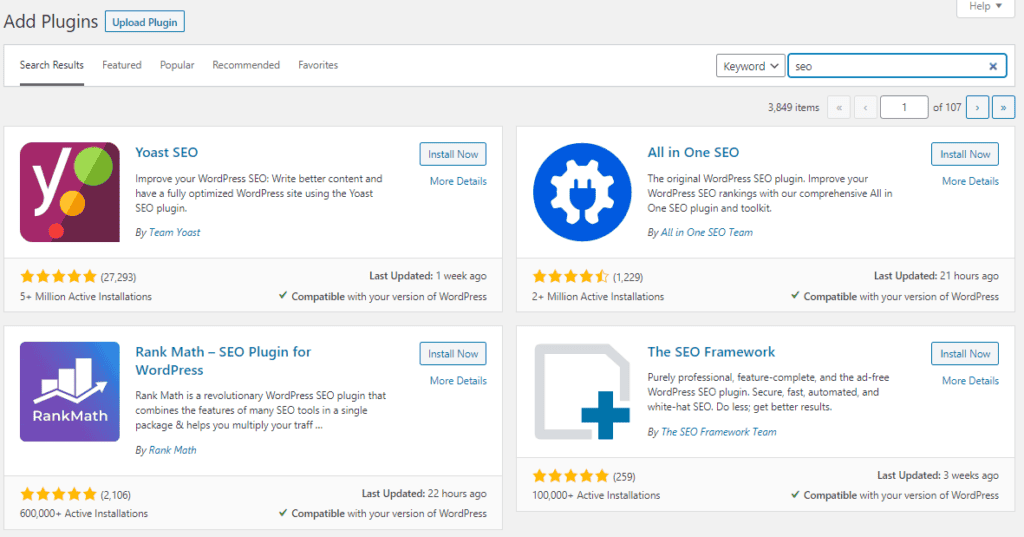
On the other hand, Duda comes with all the SEO capabilities found in WordPress and goes the extra mile. It serves websites on a global CDN and automatically performs Google PageSpeed Optimization.
Additionally, Duda seamlessly integrates features like URL redirection and meta keywords and descriptions directly on its dashboard, saving users from altering the back end or using additional plugins.
Final Verdict:
While both platforms are committed to providing advanced SEO options, your specific SEO needs and priorities are worth considering.
In this category, we declare a tie between WordPress and Duda. However, if you strongly emphasize SEO and desire a battle-tested option, WordPress with plugins like Yoast SEO may be the ideal choice.
Learn: Wix Vs. WordPress: Which One Is Better?
E-commerce
Regarding eCommerce capabilities, WordPress emerges as the clear winner, offering a robust and versatile platform to set up and expand your online store.
WordPress’s highest-tier eCommerce plan enables users to accept payments in over 60 countries, list unlimited products and services, integrate with top shipping carriers, and utilize eCommerce marketing tools.
To take eCommerce to the next level, users can install the WooCommerce plugin, which offers endless possibilities to extend store functionality and generate more leads.

On the other hand, Duda’s eCommerce approach is more limited compared to WordPress. While Duda provides features like inventory management, fulfillment channels, and shopper loyalty programs, users need to pay additional fees on top of their monthly plan to access them.
Duda’s pricing structure also limits the number of products you can sell, with additional costs for selling more than a certain threshold of products.
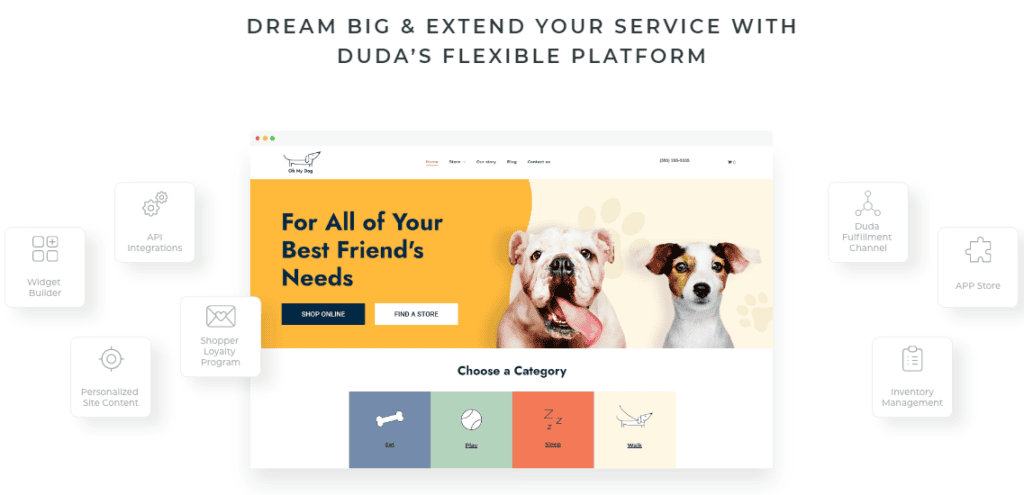
Final Verdict:
WordPress makes it easier to take advantage of every eCommerce possibility, offering a more robust and cost-effective solution.
While Duda can be a viable option for smaller-scale eCommerce needs, it may become restrictive and more expensive as your online store grows. For a comprehensive and flexible eCommerce experience, WordPress stands out as the preferred choice.
Know: Blogger Vs. WordPress: What’s Best For Blogging?
Customer Support
Both WordPress and Duda shine, offering valuable assistance to their users.
WordPress provides email and live chat support 24/7, depending on the plan chosen. The “eCommerce” plan also grants access to personalized expert support sessions, adding an extra layer of assistance.
Additionally, with WordPress’s immense popularity, there is a vast online community, including numerous forums where users can find answers to their questions.
On the other hand, Duda offers a knowledge base filled with helpful articles covering various feature fixes and troubleshooting. Users can contact a dedicated support team through email and live chat.
Moreover, there is the option to submit a support request, with prompt assistance, depending on the issue’s urgency.
Final Verdict:
Given the excellent customer support provided by both platforms, this category results in another tie. WordPress and Duda prioritize caring for their customers, ensuring expert assistance is available whenever needed.
Read: Webflow Vs. WordPress
Pricing
When it comes to pricing, both WordPress and Duda have their respective costs, and they vary in terms of structure and expenses.
Although theoretically accessible due to being open-source and downloadable, WordPress has underlying costs that must be considered. These costs include hosting your WordPress site, purchasing and renewing your domain name annually, investing in a custom theme, and obtaining proper licensing and memberships.
Some plugins and themes might also require annual fees, while others offer one-time lifetime fees. Managed hosting, security platforms, and eCommerce integrations like WooCommerce or Shopify can contribute to the overall expenses.
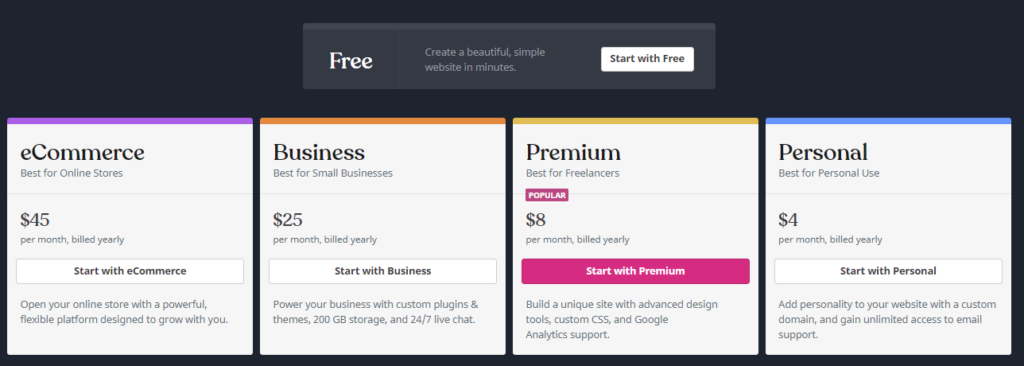
On the other hand, Duda’s website builder starts at a basic plan of $14 per month. They offer higher-tier plans such as Team, Agency, and Custom, each with different features and pricing.
The Duda website builder duda’s plans include site hosting on AWS, but a custom domain name is not included. Users can purchase a custom domain name through the Duda website builder’s integrations with Google and Hover for an additional fee.
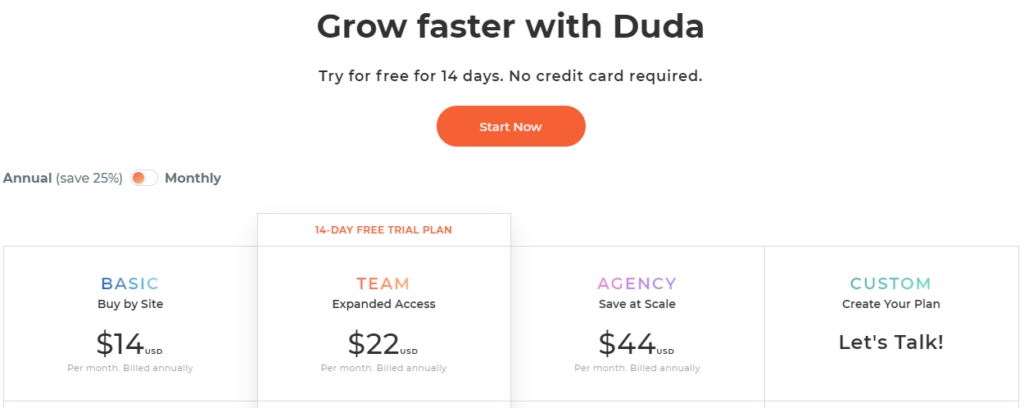
Final Verdict:
Overall, the costs associated with WordPress can vary widely based on the user’s specific needs, while Duda offers more straightforward pricing plans with different tiers and features.
Depending on your website’s complexity and customization requirements, it’s essential to weigh the costs and features of each platform to make an informed decision for your site-building needs.
Know: Shopify Vs. WordPress
WordPress Vs. Duda: Who is the Clear Winner?
After evaluating all the categories, WordPress emerges as the clear winner due to its extensive customization options, SEO capabilities, eCommerce functionalities, and the vast library of themes and plugins. Its open-source nature and large online community also contribute to its popularity and versatility.
While Duda offers user-friendliness and a more straightforward approach, WordPress provides a more robust and flexible solution for users with diverse website-building needs. Thus, WordPress is recommended for those seeking a comprehensive and customizable website-building platform.

















